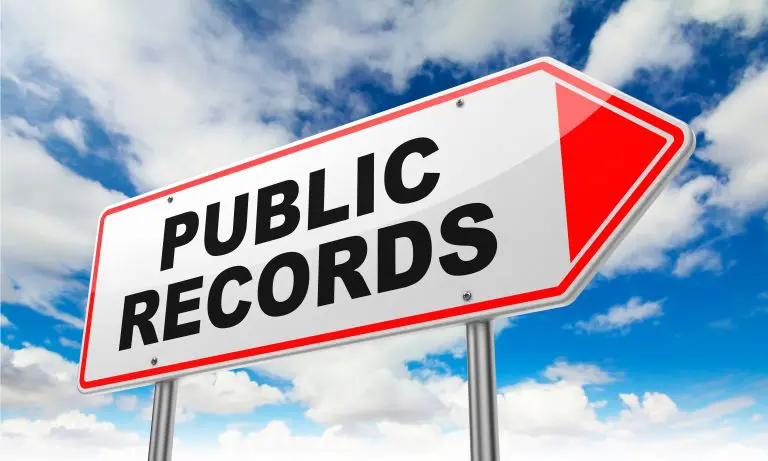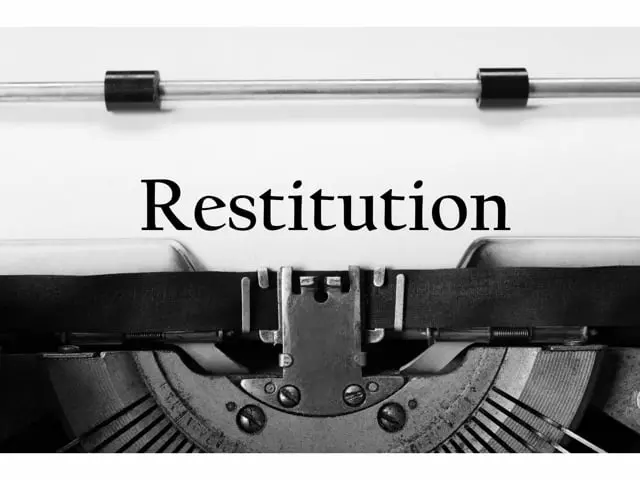Money laundering is a complex financial crime that involves disguising the origins of illegally obtained money, typically by means of transfers involving foreign banks or legitimate businesses. It is a global issue that affects economies and governments, and it carries severe legal implications for those involved. This article delves into the intricacies of money laundering, its legal consequences, and effective defense strategies for those accused of this crime.
What is Money Laundering?
Money laundering is the process of making large amounts of money generated by a criminal activity, such as drug trafficking or terrorist funding, appear to be earned legally. The money from the criminal activity is considered “dirty,” and the laundering process “cleans” it so that it appears to be legitimate. There are three stages involved in money laundering: placement, layering, and integration.
- Placement: This is the initial stage where the “dirty” money is introduced into the financial system. This can be done through various means such as bank deposits, buying high-value goods, or currency exchanges.
- Layering: In this stage, the goal is to separate the illicit money from its source by complex layers of financial transactions designed to obscure the trail. This could involve moving the money between multiple banks, changing its currency, or investing in legitimate businesses.
- Integration: The final stage is where the “cleaned” money is integrated into the legitimate economy. This is done by making it appear as earnings from legitimate business activities or investments.
Legal Consequences of Money Laundering
En implicaciones jurídicas of money laundering are severe and can include significant fines, imprisonment, and asset forfeiture. Money laundering is prosecuted under federal and state laws, with federal charges often resulting in harsher penalties. For instance, under the U.S. Money Laundering Control Act, individuals found guilty of money laundering can face up to 20 years in prison and fines of up to $500,000 or twice the value of the property involved in the transaction, whichever is greater.
Additionally, those convicted of money laundering may face the following consequences:
- Asset Forfeiture: The government can seize assets that are believed to be connected to the crime, including bank accounts, real estate, and other valuable property.
- Loss of Professional Licenses: Convictions can lead to the loss of professional licenses, making it difficult for individuals to continue their careers.
- Reputation Damage: A money laundering conviction can severely damage an individual’s personal and professional reputation, affecting future employment opportunities and social standing.
Defenses Against Money Laundering Charges
Frente a money laundering charges can be daunting, but several defense strategies can be employed to challenge the prosecution’s case. One common defense is to dispute the evidence presented by the prosecution, arguing that it does not sufficiently prove that the defendant knowingly participated in money laundering activities.
Another effective defense strategy is to challenge the legality of the search and seizure that led to the discovery of the alleged laundered funds. If law enforcement officials did not follow proper procedures or violated the defendant’s rights during the investigation, the evidence obtained might be deemed inadmissible in court.
Additionally, the defense can argue that the money involved was obtained through legitimate means and that any suspicious transactions were unrelated to criminal activity. Providing thorough documentation and credible witnesses can support this claim and help dismantle the prosecution’s case.
Case Studies or Examples
Examining real-life examples of money laundering cases can provide valuable insights into how these charges are prosecuted and defended. In one notable case, a businessman was accused of laundering millions of dollars through a series of complex transactions involving offshore accounts. The defense argued that the transactions were part of legitimate business operations and provided detailed financial records to support this claim. Ultimately, the court found insufficient evidence to prove that the businessman knowingly engaged in money laundering, and the charges were dropped.
In another case, a group of individuals was charged with laundering money for a drug cartel. The defense focused on challenging the evidence collected through wiretaps, arguing that the wiretaps were conducted without proper authorization. The court agreed, and the evidence was excluded, resulting in the dismissal of the charges.
Comparative Analysis
The legal frameworks and penalties for money laundering vary significantly across different jurisdictions. In the United States, money laundering is prosecuted under federal law, with stringent penalties and extensive resources allocated to investigate and prosecute these crimes. In contrast, other countries may have different approaches, with varying degrees of enforcement and penalties.
For example, in the United Kingdom, money laundering is addressed under the Proceeds of Crime Act, which allows for the seizure of assets and imposes strict penalties. However, the specific procedures and legal standards may differ from those in the United States. Understanding these differences is crucial for legal professionals working on international money laundering cases, as they must navigate multiple legal systems and coordinate with foreign authorities.
Technology and Tools in Money Laundering Cases
Advancements in technology have significantly impacted the methods used in money laundering and the tools available to combat it. Criminals often use sophisticated techniques such as cryptocurrency transactions, online banking, and shell companies to launder money. These methods create complex financial trails that can be difficult to trace.
To counteract these techniques, law enforcement agencies and financial institutions use advanced technologies such as artificial intelligence (AI) and machine learning to detect suspicious transactions. These tools analyze vast amounts of financial data to identify patterns and anomalies that may indicate money laundering. Additionally, blockchain technology is being explored for its potential to provide transparent and immutable records of financial transactions, making it harder for criminals to hide their activities.
Preventive Measures and Awareness
Prevención money laundering requires a multifaceted approach that includes robust regulatory frameworks, effective enforcement, and public awareness. Financial institutions play a crucial role in this effort by implementing strict anti-money laundering (AML) measures, such as customer due diligence, transaction monitoring, and reporting suspicious activities.
Regulatory bodies, such as the Financial Crimes Enforcement Network (FinCEN) in the United States, set guidelines and standards for AML compliance and conduct audits to ensure that financial institutions adhere to these requirements. Public awareness campaigns also play a vital role in educating individuals and businesses about the risks and consequences of money laundering and encouraging them to report suspicious activities.
FAQ Section – Questions and Answers
Q: What should I do if I am accused of money laundering? A: If you are accused of money laundering, it is crucial to seek legal representation immediately. An experienced attorney can help you understand your rights, evaluate the evidence against you, and develop a strong defense strategy.
Q: Can money laundering charges be dropped or reduced? A: Yes, money laundering charges can sometimes be dropped or reduced, particularly if there are weaknesses in the prosecution’s case or if the defendant cooperates with law enforcement. An attorney can negotiate on your behalf to achieve the best possible outcome.
Q: What are the long-term consequences of a money laundering conviction? A: A money laundering conviction can result in long-term consequences, including a permanent criminal record, difficulty finding employment, loss of professional licenses, and the inability to obtain certain government benefits.
Ethical Considerations in Money Laundering Cases
Money laundering cases involve significant ethical considerations for both the prosecution and the defense. Prosecutors must ensure that they are pursuing charges based on solid evidence and that they are not overstepping legal boundaries in their efforts to secure convictions. Defense attorneys, on the other hand, must balance their duty to provide a vigorous defense with the broader ethical implications of defending individuals involved in financial crimes.
For law enforcement, ethical considerations include the appropriate use of surveillance and investigative techniques. Officers must respect constitutional rights and avoid entrapment or coercion. Ensuring that investigations are conducted lawfully is crucial for maintaining public trust in the justice system.
Finding the Right Attorney on Attorneys.Media
When facing money laundering charges, finding the right attorney is essential for building a strong defense. Abogados.Media is a valuable resource for connecting with experienced criminal defense attorneys who specialize in financial crimes. The platform allows users to browse attorney profiles, read client reviews, and select a lawyer who best fits their needs.
A good money laundering attorney will have extensive knowledge of the relevant laws and experience in handling similar cases. They will provide clear guidance, keep you informed throughout the process, and advocate aggressively on your behalf. By utilizing resources like Abogados.Media, you can ensure that you find a qualified attorney who can help you navigate the complexities of the legal system and protect your rights.








